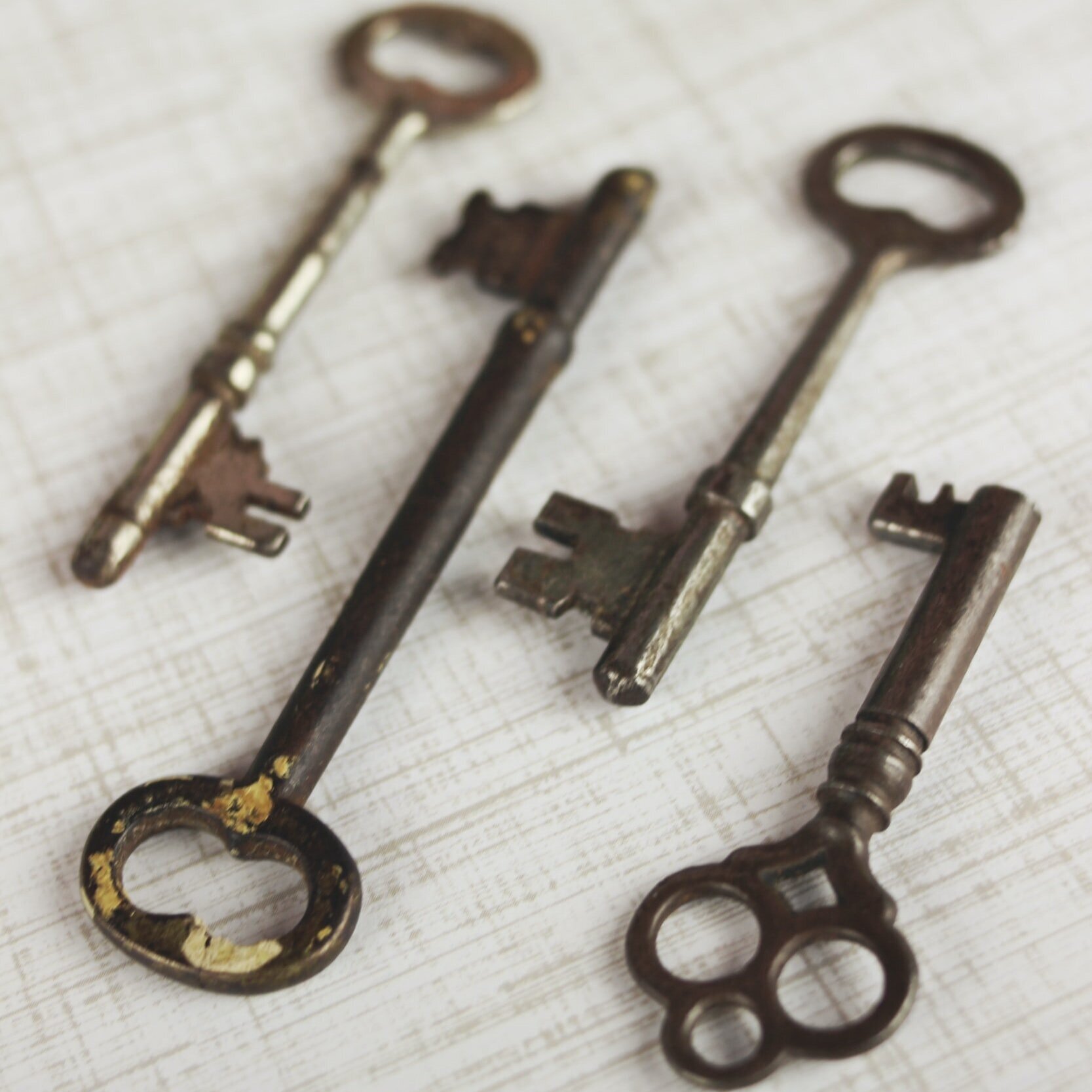
AD Music Blog
Solfege, sol what?
You might have heard of Solfege before and to be honest you think it’s kind of silly. What’s the point of using these strange syllables when you could sight read this perfectly on the actual words and lyrics. These were my thoughts as I began my first musical skills (musicianship and ear training) class at Wilfrid Laurier University in my Undergraduate Degree back in 2008. Oh was I wrong. Solfege has many practical applications for all musicians and in my opinion especially singers. Not only does Solfege help train your ears to better recognize pitches but it improves your ability to read music.
I’d like to buy a vowel
But first, what are vowels? You may remember learning about vowels at school being A E I O U and sometimes Y. You are right, these are all vowels in the english alphabet. But perhaps I should be more specific and say vowel sounds, or even speech sounds, instead of just vowels. As singers we spend a lot of time breaking down words into their different sounds in order to sing them properly and with greater ease.
Minor Details
What’s the difference between a major and a minor key? Major keys can be described as sounding happy, bright and joyful whereas minor keys tend to sound more melancholy, dark and even spooky.
Listen to these two different audio clips to hear the difference between major and minor keys
Doe a Deer
Wait a minute, why do I recognize this? The words you just read come from Rogers and Hammerstein’s The Sound of Music. Maria sings this song to the Von Trapp children using solfege to teach them how to sing.
Solfege, also called sol-fa or solfeggio, is an educational method used to teach ear training, pitch recognition and sight reading. Solfege is a form of solmization, a system where each note of the musical scale is given a distinct syllable.
The Key of Awesome
Have you ever been working on a song and wondered, hmm what key is this piece in? Knowing the key that a song is in also known as the key signature can be helpful, especially if you are looking for a recording or accompaniment for the song. Depending on the song there might be all sorts of different versions and transpositions out there.
With a few simple strategies I’m going to help you identify the key that your song is in as well as identify the various sharps and flats in each different key signature.
Let’s get started!






